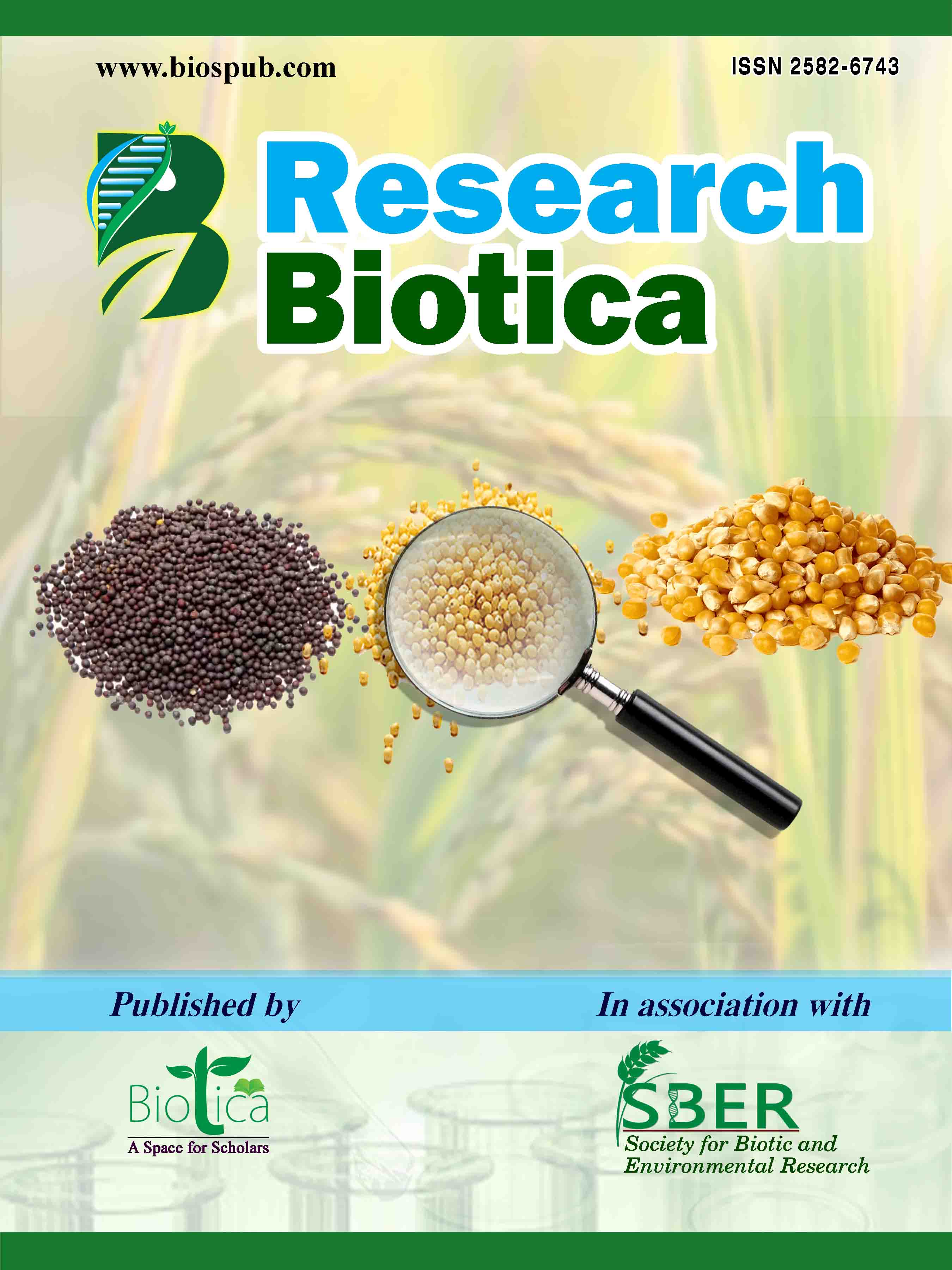Genetically Modified (GM) Crops in India for Ensuring Food Security: Issues and Challenges
Keywords:
Agricultural Biotechnology, Climate change, Food Security, GM CropAbstract
The world's population, which is growing at an alarming rate is expected to reach 8.1 billion by 2025, is facing serious challenges as a result of factors like population expansion, global warming, the depletion of natural resources like land and water, as well as biotic and abiotic stresses. Also as per United Nations ‘World Population Prospects’ India soon will be the most populous country by 2023 even surpassing China. So it becomes a great responsibility for a country to feed such a huge population with limited natural resources. However, agricultural biotechnology can improve the quality and quantity of crops. Genetic engineering isolates, manipulates, and inserts a gene into a foreign background to obtain a desired phenotype. The present article is all about the current position of India in global production of transgenic crops, why these are protested and need of the hour.









 |
|